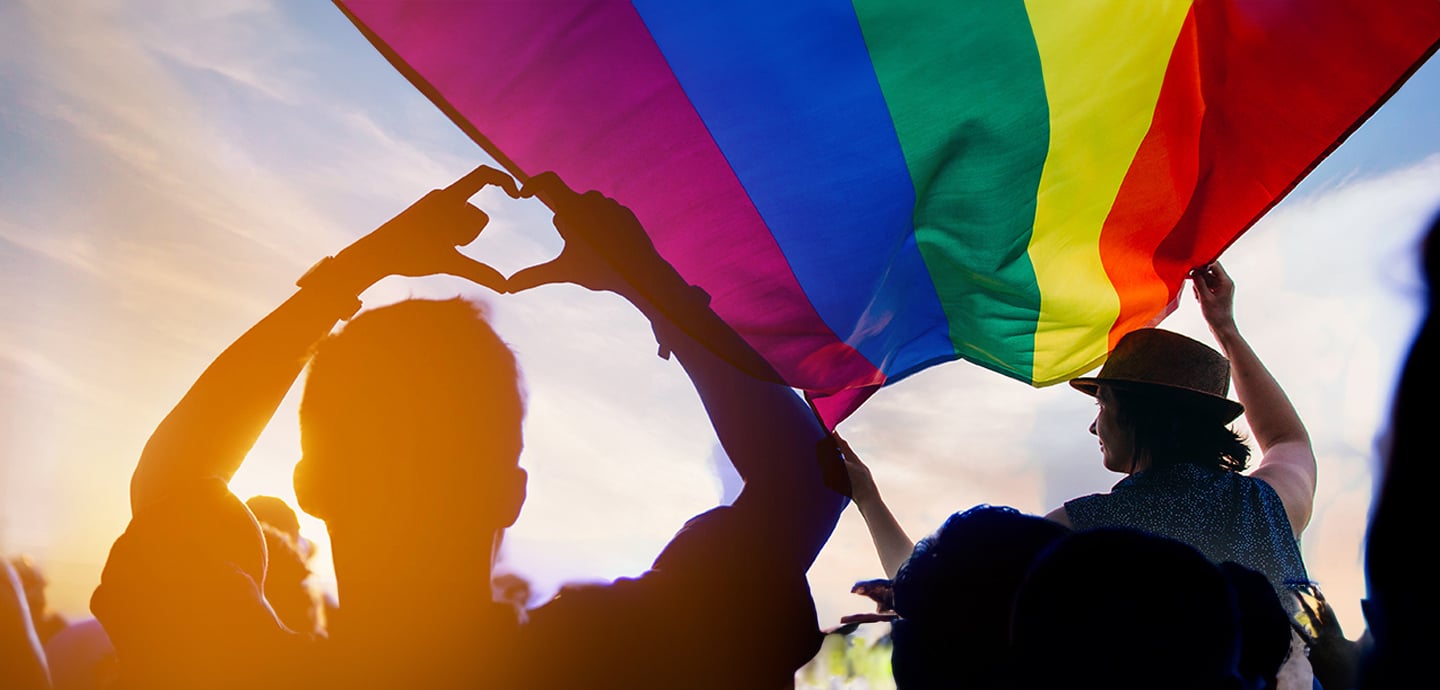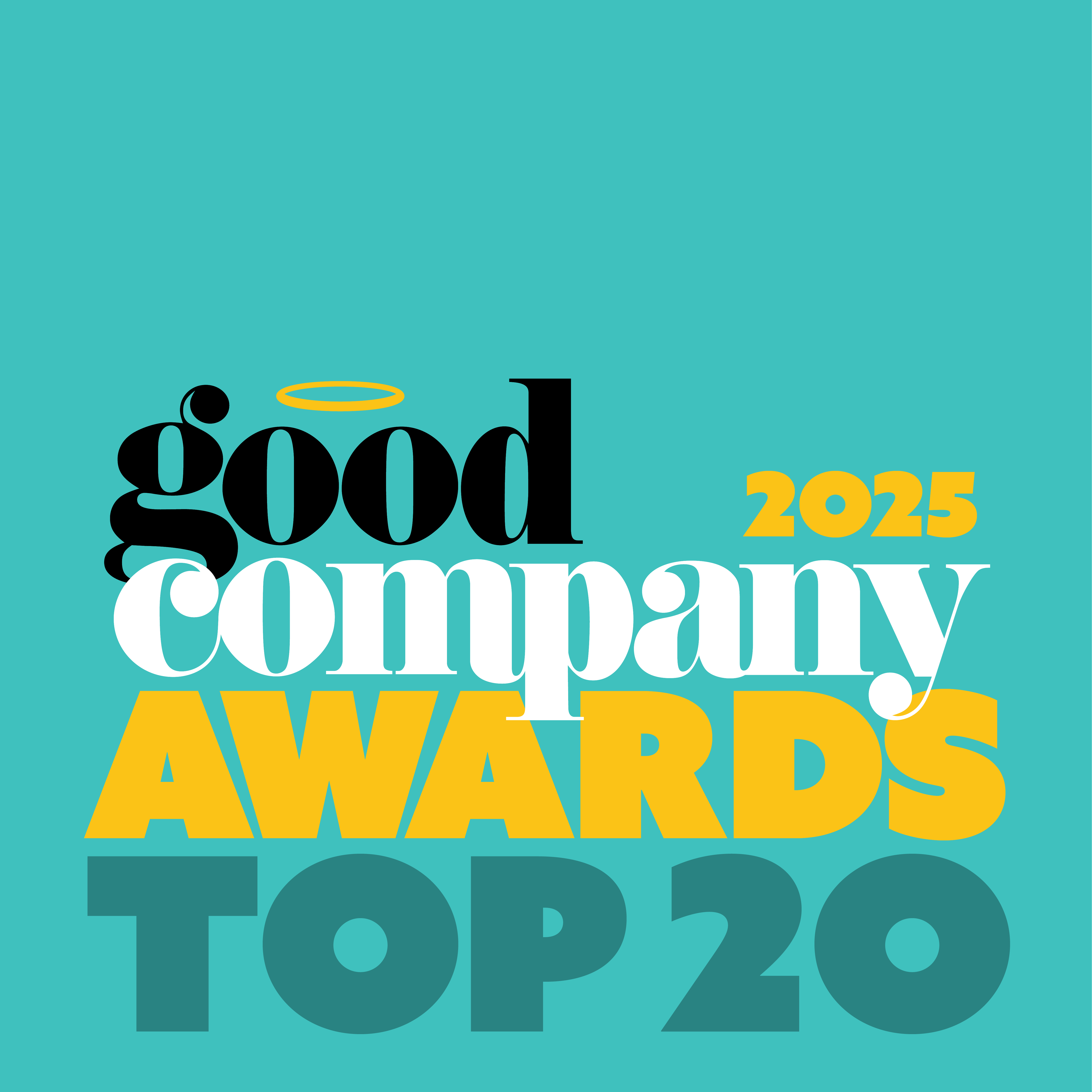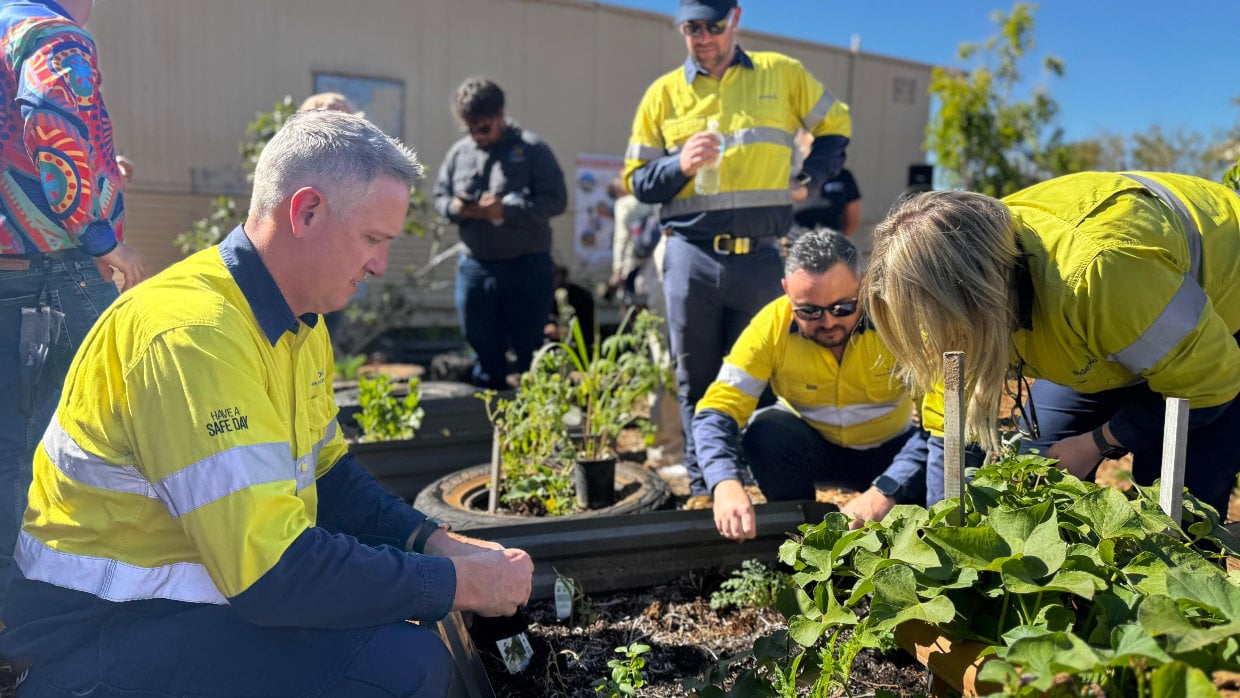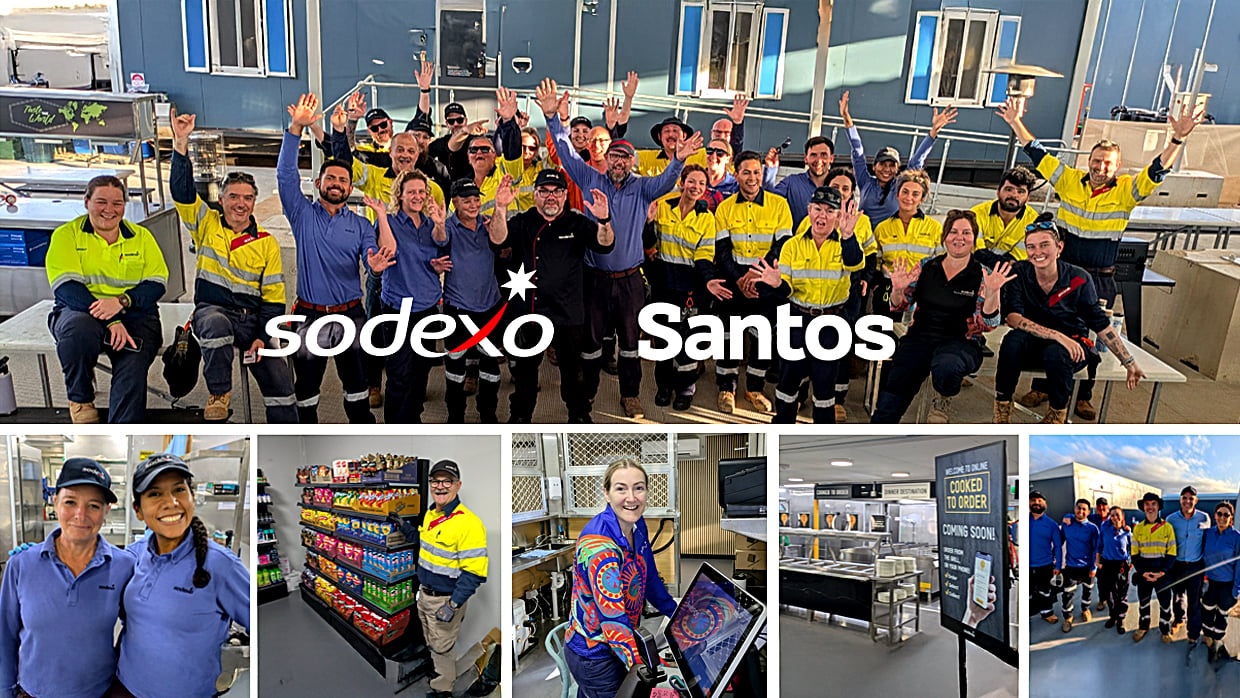
Sodexo and Telethon: A Partnership for WA Kids
Sodexo Australia proudly raised $20,000 for the 58th Telethon, supporting sick and vulnerable children across WA. Discover how our teams united through events and donations to make a meaningful impact. Together, we’re helping strengthen vital programs, services, and research for WA kids.





